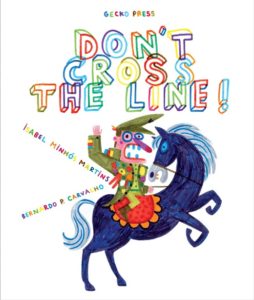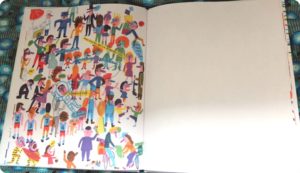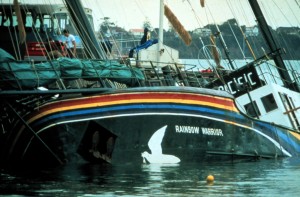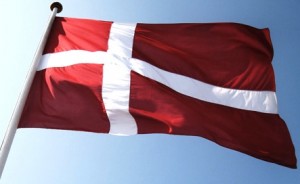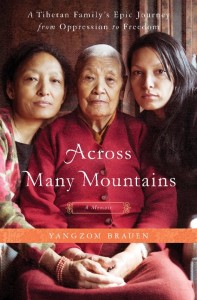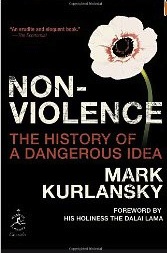Strength To Love
Friday, March 1st, 2019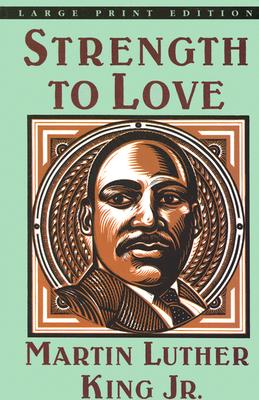 Martin Luther King Jr.’s, Strength To Love, was written during the Civil Rights struggle in the early 1960s. King’s stirring style was aimed at a live church audience and you can almost hear the “Amens” after some sentences. Many of his political statements were censored by the publisher at the time, but almost 60 years later his words remain powerful and relevant. King encourages people to be forgiving, non-violent, non-conformists; and to confront militarism and inequality in society.
Martin Luther King Jr.’s, Strength To Love, was written during the Civil Rights struggle in the early 1960s. King’s stirring style was aimed at a live church audience and you can almost hear the “Amens” after some sentences. Many of his political statements were censored by the publisher at the time, but almost 60 years later his words remain powerful and relevant. King encourages people to be forgiving, non-violent, non-conformists; and to confront militarism and inequality in society.
Our scientific power has outrun our spiritual power. We have learned to fly the air like birds and swim the sea like fish, but we have not learned the simple art of living together.
Expenditures for defence have risen to mountainous proportions. The nations have believed that greater armaments will cast out fear, but they have produced greater fear.
Through non-violent resistance we shall be able to oppose the unjust system and at the same time love the perpetrators of the system. Hate cannot drive out hate, only love can do that.
Capitalism must undergo continual change if our great national wealth is to be more equitably distributed.
All life is interrelated. I can never be what I ought to be until you are what you ought to be.
